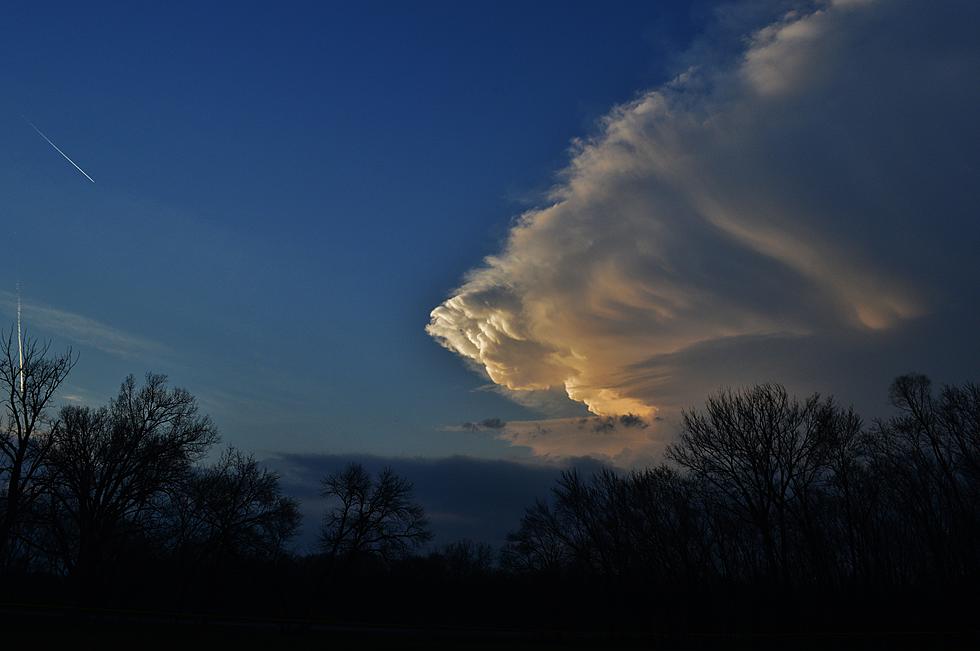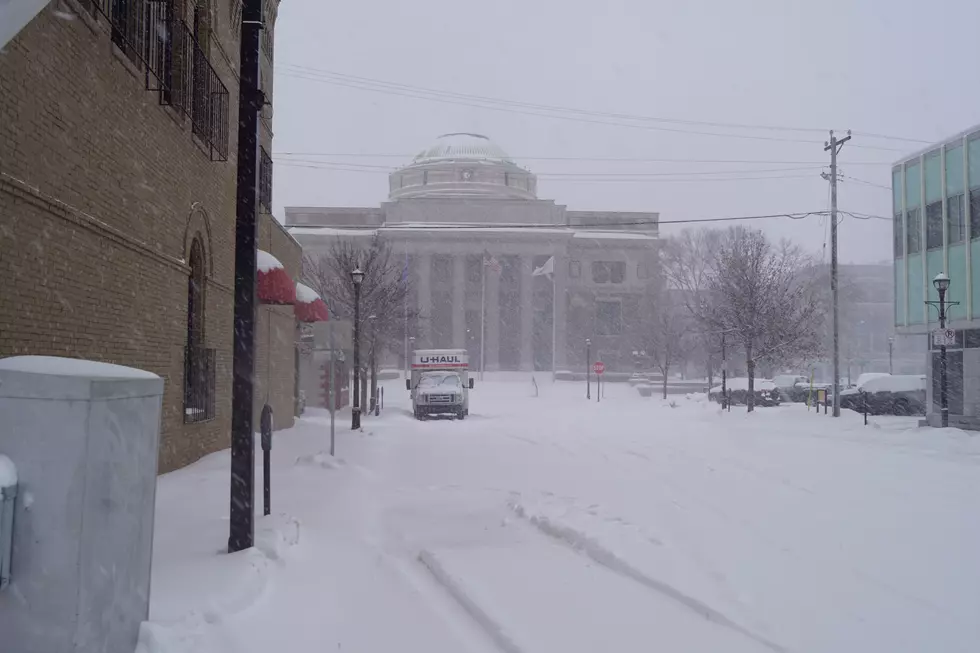
Big Weather Change on the Way for Central Minnesota This Weekend
After a couple more days of hot and humid weather, big changes are on the way for this weekend across Central Minnesota.
Saint Cloud is approaching twenty ninety-degree days (we've seen sixteen and will likely add a couple more before this week is over), where a typical summer would deliver eleven of them. The most came in 1936 when 'The Cloud' recorded a whopping 36 of 'em -- and 34 in 1900. Since the beginning of weather data tracking, Saint Cloud has only gone one summer without a single 90 degree temp, and that was back in 1915. In 1993, 1962, 1907, 1903, and 1902 we snuck by with only one 90+ day.
To say this summer has been hot and dry in Minnesota would be a monumental understatement -- but that could all feel a a lot different as early as this weekend.

Bob Weisman, meteorology professor at Saint Cloud State, says:
Friday and Friday night have the potential for significant rainfall when the cold front comes through. Much cooler air will be pulled in from Canada behind that cold front. More importantly, there is a chance for reinforcing storm systems that could produce more rain by late Sunday.
High Temps for Wednesday
- St. Cloud: 93°
- Little Falls: 92°
- Princeton: 92°
- Paynesville: 90°
High Temps for Thursday
- St. Cloud: 92°
- Little Falls: 92°
- Princeton: 92°
- Paynesville: 91°
High Temps for Friday
- St. Cloud: 86°
- Little Falls: 85°
- Princeton: 87°
- Paynesville: 84°
High Temps for Saturday
- St. Cloud: 74°
- Little Falls: 72°
- Princeton: 75°
- Paynesville: 72°
High Temps for Sunday
- St. Cloud: 75°
- Little Falls: 74°
- Princeton: 76°
- Paynesville: 73°
High Temps for Monday
- St. Cloud: 76°
- Little Falls: 75°
- Princeton: 77°
- Paynesville: 75°
High Temps for Tuesday
- St. Cloud: 76°
- Little Falls: 75°
- Princeton: 78°
- Paynesville: 76°
From the National Weather Service this Morning: Hot temperatures will remain in place through tomorrow. A cold front arrives Friday bringing chances for thunderstorms and then cooler temperatures for the weekend.
KEEP READING: Get answers to 51 of the most frequently asked weather questions...
LOOK: The most expensive weather and climate disasters in recent decades
More From Mix 94.9









